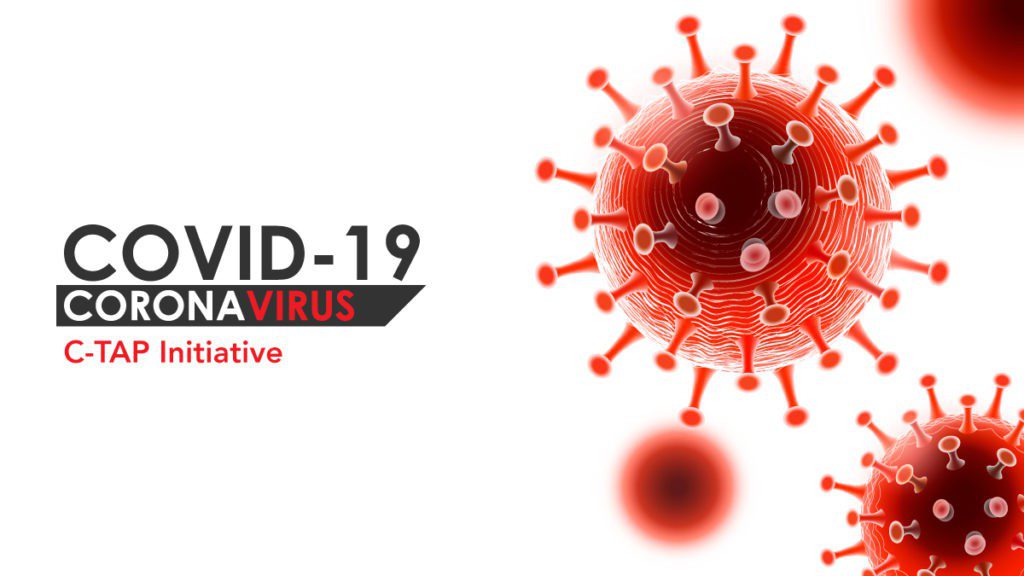
37 nations have agreed to sign the C-TAP initiative aimed at developing vaccines, treatments, tests and other health technologies to fight coronavirus, accessible to all.
C-TAP short for COVID-19 Technology Access Pool, was proposed early in March by Costa Rican President Carlos Alvarado who joined WHO Director-General Dr. Tedros Adhanom Ghebreyesus during the video launch of the C-TAP initiative. Alvarado noted that tests, vaccines, diagnostics, and other key tools in the fight against coronavirus must be made universally available as public global goods.
Some of the nations that didn’t join the C-TAP initiative are economic powers such as the US, UK, Germany, Japan, China, France, and Turkey.
The Swiss-based umbrella for research-based global pharmaceutical companies, IFPMA held a video press conference last Thursday and stated they are working on finding a vaccine with their commitment to deliver safe, effective, and affordable COVID-19 vaccines for all.
Director General of IFPMA Thomas Cueni acknowledges that none of the countries can succeed in doing this alone, “but we are making progress, and we are seeing it every day.”
During the launch, Dr. Tedros Adhanom Ghebreyesus mentions that through the C-TAP initiative, “we are inviting governments and companies that develop effective therapeutics to contribute to the Medicines Patent Pool, which will in turn sub-license the patent to generic manufacturers.”
WHO affirmed that the technology access pool will be based on social responsibility and voluntary pooling of knowledge. It will offer a one-stop-shop for data, scientific knowledge, and intellectual property to be shared equally.
WHO believe that such actions would guarantee faster and more equitable access to current and new COVID-19 health solutions. Key elements for the C-TAP initiative are transparency regarding the publication of all clinical trial results and public disclosure of the gene sequences and data.
Governments and funders are motivated to mention clauses in funding agreements with innovators and pharmaceutical companies regarding equitable distribution, publication of trial data, and affordability. Furthermore, the licensing of any potential treatment, vaccine, diagnostic, or health technology will be made directly to the UN-backed public health body – Medicines Patent Pool (MPP).